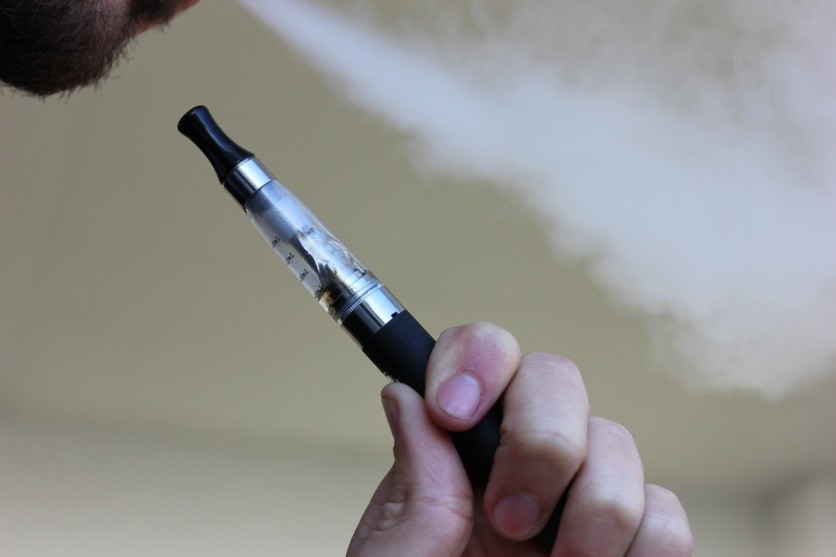
In a move that sets the e-cigarette industry back, New York City has approved a vaping ban. The City council passed the local ordinance with 42 sidings for it and two against. Mayor Bill De Blasio is expected to sign the bill or let it automatically lapse into law, according to his deputy press secretary.
City Council Health Committee Chair, in an statement to CNBC, said the following:
"New York City is finally addressing a public health crisis which has been mounting for years while state and local governments across the nation did next to nothing. We are finally taking action to address the resurgence of youth nicotine addiction caused by e-cigarette usage. With this vote, the City Council is moving to ban the fruity, minty, candy-like flavors of e-cigarettes, which were clearly designed to appeal to young people in the first place."
Second in the country to ban vaping products
New York City was not the first major area in the country to ban vaping. Massachusetts started the precedent last week, banning all vaping following a statewide health epidemic that has seen 61 potential cases appear in the state. The states of New York and Michigan have only previously banned flavored vaping products. San Francisco also set a ban on flavored vaping liquids last year.
The ban, however, isn't permanent. The state has only prohibited the sale of vaping products, both flavored and non-flavored, for four months. During this period, state officials will remove all products from store shelves.
While states have been more aggressive in trying to stop the growing epidemic, some of their ordinances have been challenged in courts, stalling legislation aimed at further restricting vaping and other e-cigarette related products.
A Growing Epidemic
The move is seen as a preventive measure as a large increase of lung-related illness have started to appear since the popularity of vaping products. According to the Centers for Disease Control and Prevention, there have been over 2,100 confirmed cases of vaping-related sickness, with 42 people confirmed to have died. The Trump administration announced plans in September for a nationwide ban but has since backtracked on it.
The FDA and the CDC have also cautioned the public from vaping THC, the compound commonly found in marijuana that gives its users the feeling of being high. They have said that most of these products are both illegal and unregulated.
Bracing for Lawsuits
Attorney generals in New York, California, and Washington, D.C have filed charges against the popular vaping company Juul. The lawsuits claimed that the company has been targeting minors with deceptive marketing practices. Juul has also been accused of stonewalling further research into the unknown causes of recent lung disease deaths, as well as stopping the FTC and FDA from launching programs that prevent teen vaping and smoking.
The CDC reported that more than 26% of high school students currently use vaping products. In the past two years, there has been a growth of more than 12% in the vaping populace of teenagers.
SEE ALSO: Vaping May Be More Dangerous Than Previously Thought
![Apple Watch Series 10 [GPS 42mm]](https://d.techtimes.com/en/full/453899/apple-watch-series-10-gps-42mm.jpg?w=184&h=103&f=9fb3c2ea2db928c663d1d2eadbcb3e52)



